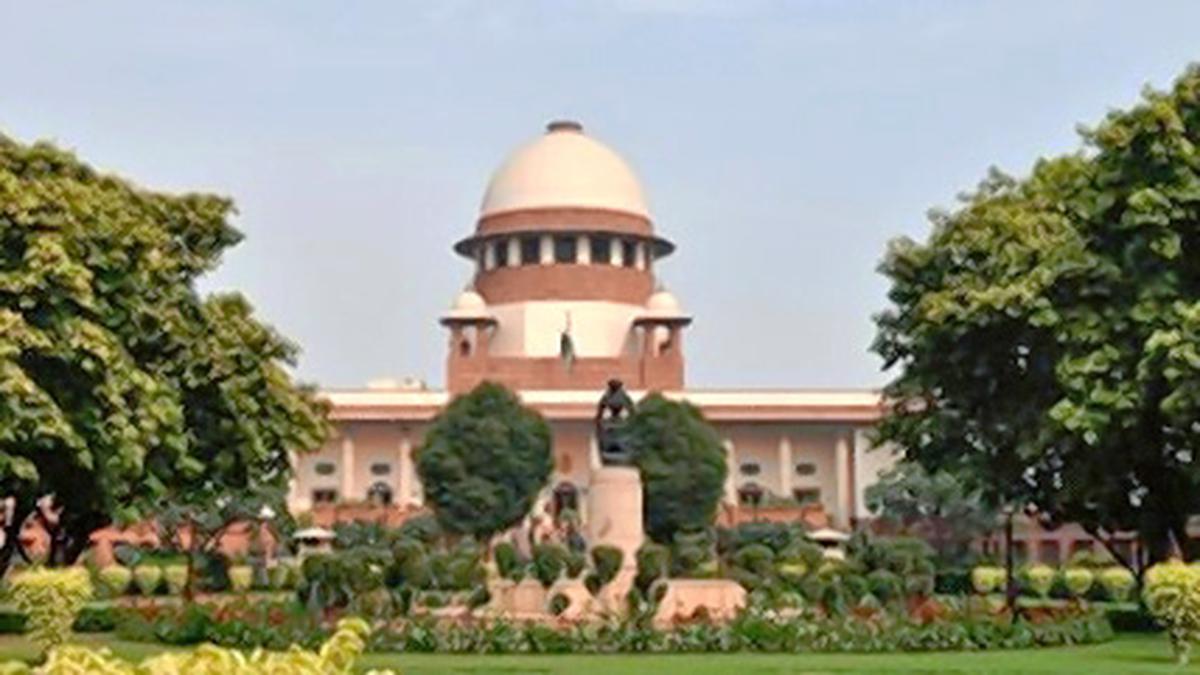Now Reading: Tamil Nadu, Kerala Question Presidential Reference Move in Supreme Court
-
01
Tamil Nadu, Kerala Question Presidential Reference Move in Supreme Court
Tamil Nadu, Kerala Question Presidential Reference Move in Supreme Court

Speedy Summary
- Kerala and Tamil Nadu question the Center’s use of the Presidential Reference mechanism to seek an opinion from the Supreme Court that could perhaps override a prior binding judgment.
- The judgment in question arose from the Tamil Nadu Governor case, which clarified constitutional powers of the President and Governors concerning assent to State laws.
- On April 8, 2025, a two-judge Supreme Court bench introduced three-month timelines for action on State Bills under articles 200 and 201 of the constitution, based on Home Ministry Office Memorandums (February 2016) about delays.
- The Centre has not filed a review or curative petition against this judgment but instead issued a Presidential Reference raising similar questions already addressed in prior rulings.
- Kerala and Tamil Nadu claim that moast questions posed by the Presidential Reference (11 out of 14) were resolved earlier, making further advisory opinion unnecessary and possibly unconstitutional.
- A nine-judge Bench precedent establishes that opinions given under Article 143 (Presidential References) carry weight but cannot override binding judgments under article 141 of India’s Constitution.
- Both States urge rejection of this Reference as redundant while accusing it of “suppressing” key facts about pre-existing judicial determinations.
Indian Opinion Analysis
The ongoing legal debate underscores critical tensions between federalism principles and institutional checks in India’s governance structure. Through its Presidential Reference,the Centre seems to seek clarity-or potentially challenge-a previously settled interpretation surrounding gubernatorial discretion. Tho, Kerala’s and Tamil Nadu’s arguments are substantive: using advisory jurisdiction should not become an indirect route for revisiting concluded judgments.
if allowed unwarranted scope, such interventions could dilute judicial authority or disrupt established constitutional balances. Conversely, if rejected as premature or unnecessary by precedent-bound reasoning-ensuring adherence to Article 141-it would reaffirm judicial discipline against speculative reinterpretations. ultimately, this case holds potential ramifications for center-state relations regarding legislative processes.
Read more: The Hindu
























